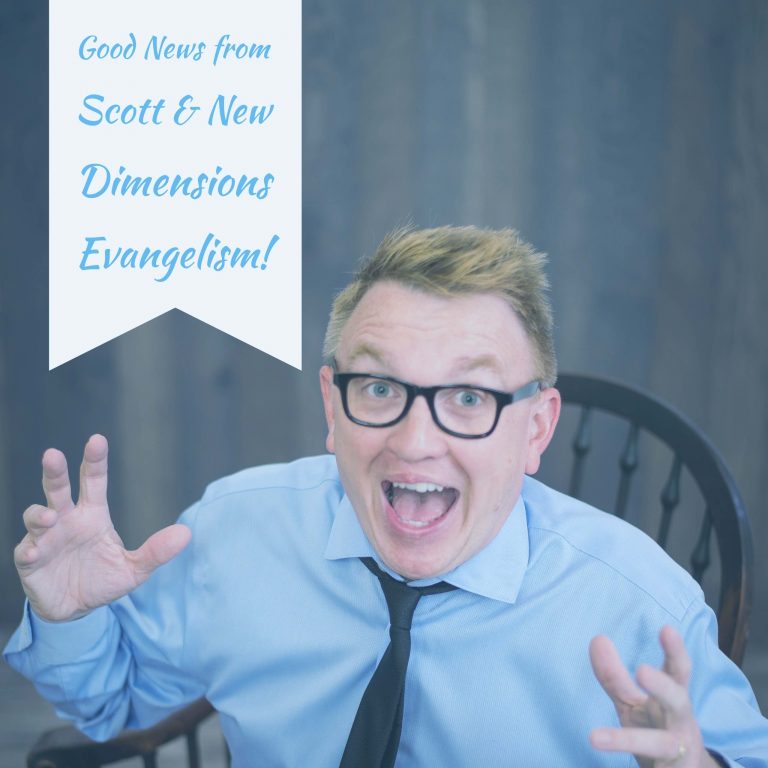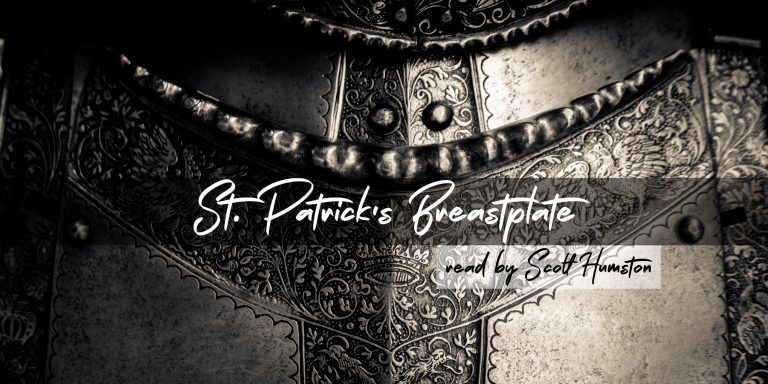Fetaque Sanders-Sharing The Wonder
“You should meet him. He’s a nice young man and a good magician.”
“I don’t want to.”
“He just moved here, and I think you’d be good friends.”
“No, I don’t need to meet him.”
“He’s got a car, Fetaque.”
“Ok, I’ll meet him.”
And that is how my friend and mentor Sammy Smith got Fetaque Sanders to meet me.
Nashville
It was Nashville, 1990, and I had just moved to attend University. Sammy was up on a trip to visit his friend, and mentor, Fetaque (pronounced FEE-TAKE) Sanders.

Fetaque was born in 1915, and grew up in a fourteen-room house on Heiman Street, in what is now known as the Germantown area of Nashville. His father was the director of the first segregated YMCA in Middle Tennessee. As a young boy, Fetaque fell in love with magic and became the leading African-American magician in this country in the ’40s, ’50s, and ’60s. He performed at the Chicago World’s Fair when he was just 18. He toured with Pearl Bailey and knew Langston Hughes personally. He was dapper and talented, and I was honored to call him my friend for the last two years of his life on this earth.
When we met, I was a freshman in college, and he was living in a run-down nursing facility near Vanderbilt University. Three days a week, he went to dialysis. On the other days, I’d get a call, typically about 7:00 in the morning.
“Hello?” I said, usually half asleep.
“Scott! It’s the apple-man,” he said, enthusiastically. “Let’s go get some apples.”
“Fetaque, I have class at 8:00,” I’d retort.
“Hmm.” He’d pause. “Okay, I understand, class, good,” he said.
“I’ll pick you up at 10:00,” I countered.
“Great. See you then.” Click.
And that’s how an old black man and a skinny white kid became dear friends. Instead of taking girls out on dates, I embarked on adventures with Fetaque. We’d drive from the nursing home he lived in through the ghetto to the “treasure house,” the house he’d lived in all his life. My first trip there, with Fetaque in tow, I couldn’t imagine what marvelous things might await me: magic props, memorabilia, perhaps amazing Wonders akin to that first magic shop. My imagination ran wild on the drive over. The reality, however, was that no one had lived at 1601 Heiman Street for many years, so as we pulled up to the curb out front, the “treasure house” was more like a home in a dystopian novel than a magical Wonka wonderland.
BB The Dog
Upon arrival, our first job was to untie BB, Fetaque’s dog, an old lab mix who stood guard tied up in the front yard, to deter thieves and squatters. BB was always happy to see his elderly owner, but he was most often fed by James — the friendly, occasional, caretaker of the property and full-time manager of the house of ill-repute that operated just two doors down. Ironically named the “Hacienda,” the red porch light confirmed any mysteries one might have had of a motel on a residential street.

We’d let BB run through the house, chasing out any critters or, for that matter, people that didn’t belong there. Fetaque often returned to the house looking for a specific item, something he was convinced he needed back at the nursing home. I’d help him dig through the massive piles of stuff, trying not to act shocked by the chaos that surrounded me. We’d eventually find what he was looking for, which was incredible, actually. Like the preverbal needle in the haystack, his house would have made the cut on the Hoarders reality television show. Then we’d be off to McDonalds and me — a fledgling college freshman paying for coffee and lunch. Then we’d hit a Goodwill to see if Fetaque could find an attache case — never mind the fact that there were at least a dozen such cases in the “treasure house.”
A Breath of Fresh Air
“Fetaque, would you like a breath mint?” I asked while driving. He had terrible halitosis on a regular basis.
“No, thank you.” Pause. “Okay, I guess I should take one. I believe you may be trying to tell me I need one. Never turn down a breath mint when it is offered to you,” he said.
What seemed like a simple piece of advice at the time, in hindsight, held great wisdom for a kid my age. Actually, for a kid of any age. Fetaque was often full of rooted wisdom.
Life on the road had taken a toll on his life in ways incomprehensible to my 19-year-old self. His first wife, Irene, died from pneumonia while he was performing in Washington D.C. They had known each other since childhood and married at age 20. He arrived back home, just after she’d passed. She was only 28. He never fully recovered from that, not that any loving human who loses his soulmate at such a young age could. Alfred Lord Tennyson’s “‘Tis better to have loved and lost than never to have loved at all” makes for a feel-good meme until you lose someone, and your heart hurts so much you can hardly stand to go on living yourself. We all have known someone who has experienced this depth of pain.
In our time together, Fetaque told me how he had remarried and had one daughter. His new wife — to his great disappointment — never really liked the magic, his friends, or the difficult living that sometimes accompanies an artful life. Eventually, she left, taking their daughter with her. This loss only compounded the pain of his first significant loss.
Sometimes Wonder comes from where we’d least expect it. And many times, our Wonder can lead us to wisdom
[bctt tweet=”Sometimes Wonder comes from where we’d least expect it. And many times, our Wonder can lead us to wisdom” username=”scotthumston”].
Can’t Play Ball Without A Team
I had called and written to many local churches while in college hoping to build my ministry and continue to pay my way through school. These cold calls and letters often resulted in invitations to come to perform, many times, for what church people know as a “love offering.” This is an offering that is ordinarily collected at the end of the program, people giving what they can to help support my calling.
This particular church was small — building-wise and people-wise. When I arrived about an hour before service time to set up, the pastor met me at the door.
“Hi, Pastor! I am so excited to be with you tonight!” I stated with the enthusiasm of a 19-year-old.
“Oh,” he replied, his face awash in surprise and confusion, “is tonight the night you are coming?”
(Gulp.)
“Yes, sir,” I replied — (Gulp.) — standing in the doorway with a case full of props.
There were six people in the audience that evening. Three of the six were the pastor, Sammy, and Fetaque. It was tough all around.
Afterward, Fetaque came up to me — an upset, embarrassed 19-year-old — gave me a big smile and said, “Well, you can’t play ball without a team.”
I’ve carried that little nugget of wisdom with me since.
Regret.
By the end of May in 1992, I was finishing up my sophomore year of University. I had some bookings lined up at home for the summer, and I was itching to get back home to Florida. Fetaque had been in and out of Vanderbilt hospital in the spring and was assigned to a rehab facility just outside of Nashville. I had been to the hospital to check in and on him several times, including bringing college friends with me. When he was moved to a rehab center, I was tasked with going to the nursing home to retrieve his belongings there and move them to his temporary home. So, it wasn’t my priority to stop and see him in the center as I speed down I-24 towards Chattanooga. As I passed the exit to Antioch, Tennessee, where the rehab center was located, I remember thinking to myself, “Fetaque, I’ll see you in a few weeks when I get back to Nashville.” I had an opportunity to stop and see my friend, but I didn’t take it.
Fetaque died on June 3, 1992.
Sammy’s wife, Laurel, called me at my parents’ home to deliver the news. Sammy was too distraught to talk. A couple of days later the three of us got in Sammy’s Buick and drove through the night to get to Nashville. It was a small service at Capitol Hill Baptist Church in the heart of the city, with just a few people in attendance. He was the first person — outside of my family — whose death left me weeping in grief, riddled with regret.
Lessons Learned
Even today, some 27 years later, words cannot adequately describe why this man — whose life experiences were so far removed from my own but with whom I shared a passion for the art of Wonder — meant (and means) so much to me.
Emotionally speaking, I can’t articulate the difference he made in my life.
But practically speaking, Fetaque taught me the importance of planning, preparation, and promotion so that more than six people come to my show. But beyond that, Fetaque taught me that the Art of Wonder could transcend all social and cultural differences, that passion and imagination and … can span lifetimes to unite a young white kid and an old black man.
I was blessed with the gift of his friendship near the end of his life and at the beginning of mine. Don’t pass the exit. You might just miss an unexpected Wonder.
Sharing Wonder,

This story/post is part of my forthcoming book, Sharing Wonder.
Part memoir, part inspirational roadmap, Sharing Wonder is a conversational collection of stories about a boy who was born with a speech-related birth defect, how he became a magic man and what he learned about the real magic of Wonder along the way. Drawing on his experience as an award-winning family entertainer, magician, and speaker, Scott Humston’s personal story of overcoming great physical challenges, while embarking on his own magical mystery tour will encourage kids of all ages — especially parents of young children — to seek and discover the miracles that surround each of us daily.







